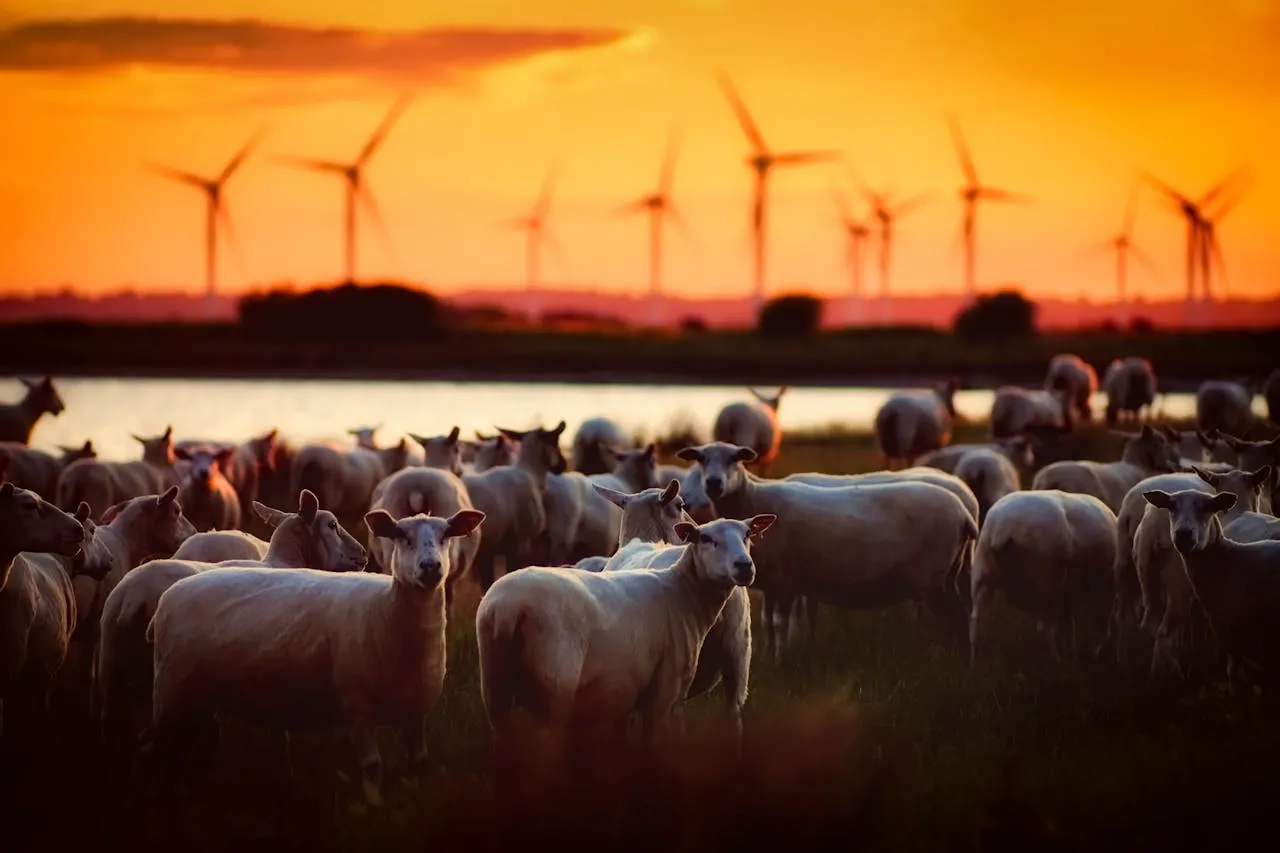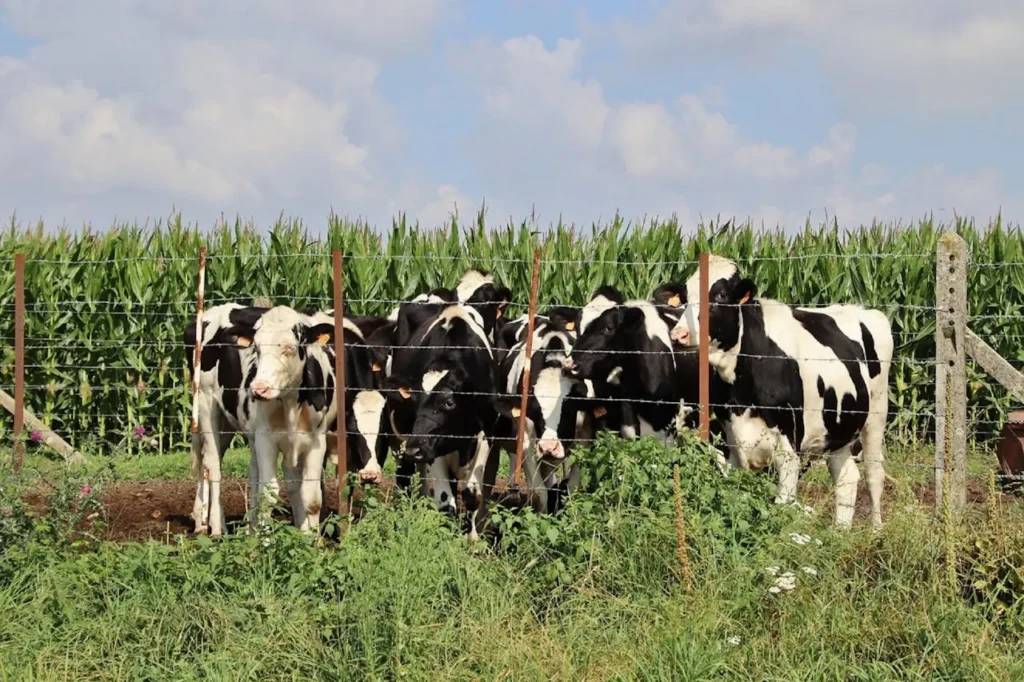
Globalstar (NASDAQ: GSAT), a leading provider of next-generation telecommunications infrastructure and satellite connectivity solutions, has announced the continuation and deepening of its strategic partnership with CERES TAG, the global leader in animal health intelligence technology. This collaboration plays a pivotal role in providing critical support to the livestock industry, particularly in light of the emerging threat posed by the New World Screwworm.
As the livestock sector in Mexico grapples with a serious outbreak of the New World Screwworm—a parasitic insect that poses a significant threat to animal welfare and herd productivity—the importance of rapid response, advanced monitoring, and uninterrupted communication has become paramount. The recent outbreak has already led to the temporary closure of international borders to live animal imports, triggering urgent action from producers, governments, and veterinary authorities.
A Critical Moment for Livestock Health
The New World Screwworm (Cochliomyia hominivorax) is an aggressive pest that infests warm-blooded animals by laying its eggs in open wounds, where the larvae feed on living tissue. If left unchecked, this vector-borne disease can lead to severe tissue damage, infections, and even death in livestock. Beyond the direct harm to animals, the economic implications of such outbreaks are immense. Industry experts warn that failure to contain the screwworm swiftly could result in financial losses running into the hundreds of millions of dollars. Over the past decade, zoonotic diseases have accounted for an estimated $20 billion in direct economic damages globally, with indirect costs potentially exceeding $200 billion due to trade restrictions, decreased productivity, and public health interventions.
Technology as the Front Line of Defense
In this context, the role of real-time livestock monitoring and rapid biosecurity intervention becomes indispensable. CERES TAG’s innovative smart ear tag system represents a groundbreaking solution in animal health intelligence. These advanced ear tags are equipped with sensors that track animal behavior, health metrics, and GPS location data around the clock. Critically, the system operates entirely independently of cellular networks, making it ideal for remote agricultural settings where traditional connectivity is unreliable or unavailable.
The data captured by the tags is transmitted through Globalstar’s robust low-earth-orbit (LEO) satellite network, which ensures uninterrupted connectivity in even the most remote and rugged regions. This enables ranchers, veterinarians, and government agencies to access crucial animal health data in real-time—facilitating faster responses to disease outbreaks, better decision-making, and more effective quarantine and containment strategies.

Voices from the Front Lines
“These are extremely devastating events,” said David Smith, Founder and CEO of CERES TAG. “But you can limit the damage by supporting real-time traceability and detection with technology like what CERES TAG offers. We have advanced algorithms developed by researchers from across the globe, but it’s hopeless if we can’t communicate that information when there’s a trigger. Globalstar is an integral partner in all of this.”
CERES TAG’s platform, which harnesses the power of AI and machine learning, can detect abnormal behavior in livestock that may be associated with disease symptoms or injury. By providing early warning signs and geo-fencing capabilities, ranchers can isolate at-risk animals quickly and implement targeted interventions before a wider outbreak occurs.
Jake Rembert, Vice President of Global Sales at Globalstar, emphasized the evolving role of satellite communications in modern agriculture: “Satellite technology is no longer just a backup; it’s a core infrastructure of agricultural intelligence,” he said. “We’re proud to support CERES TAG in delivering real-world solutions that help protect food security and animal health globally.”
Scaling Solutions for a Global Challenge
As the frequency and geographic spread of zoonotic diseases continue to increase—driven in part by climate change, increased animal movement, and global trade—livestock producers and policymakers are turning to high-tech solutions for biosecurity and health management. The partnership between Globalstar and CERES TAG represents a model for how technology and connectivity can be combined to create scalable, resilient agricultural systems.
In recognition of the growing demand for reliable livestock tracking and disease prevention tools, CERES TAG has recently expanded its footprint into the United States. As part of this expansion, CERES TAG has committed to deploying a minimum of 30,000 smart ear tag units on U.S. farms and ranches before the end of the year, all connected through Globalstar’s satellite infrastructure.
The company also recently entered into distribution agreements with two of the largest animal health organizations in the United States—MWI Animal Health and Animal Health International. These partnerships will allow CERES TAG’s products to be more accessible to veterinarians, ranchers, and animal health professionals across North America, further strengthening preparedness and response capabilities throughout the industry.
A New Standard in Animal Health and Biosecurity
The strategic alliance between Globalstar and CERES TAG represents more than just a technological solution—it marks a paradigm shift in how the agricultural sector can prepare for and respond to health crises. By embedding intelligence into everyday livestock management and ensuring constant connectivity through satellite communications, the livestock industry can move toward a future of proactive, data-driven biosecurity.
The implications extend beyond emergency scenarios. Real-time livestock monitoring also supports animal welfare standards, optimizes grazing management, and improves overall herd productivity. In turn, these improvements contribute to greater economic resilience for producers and more secure food systems for consumers.




